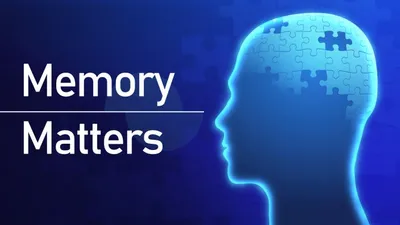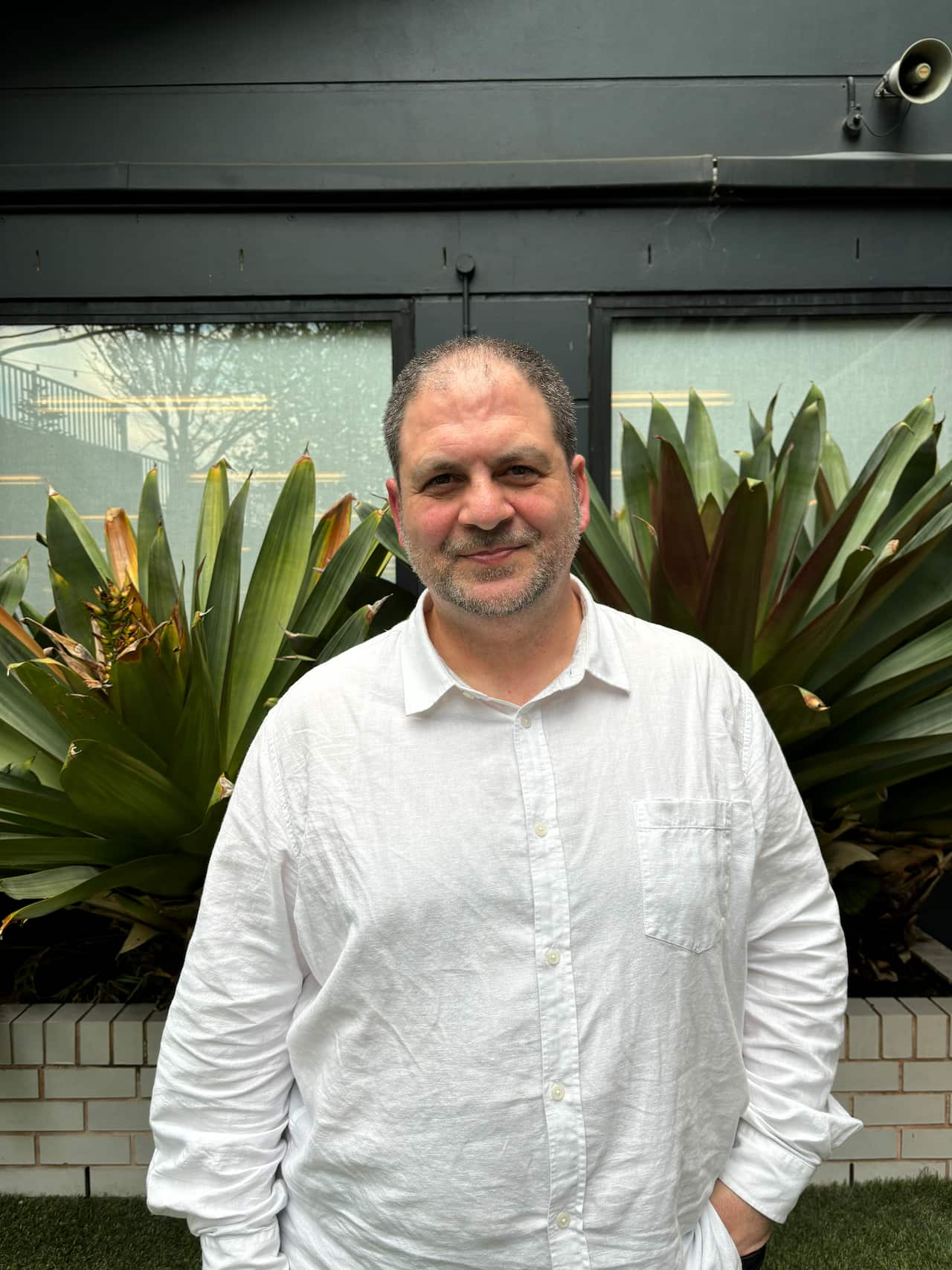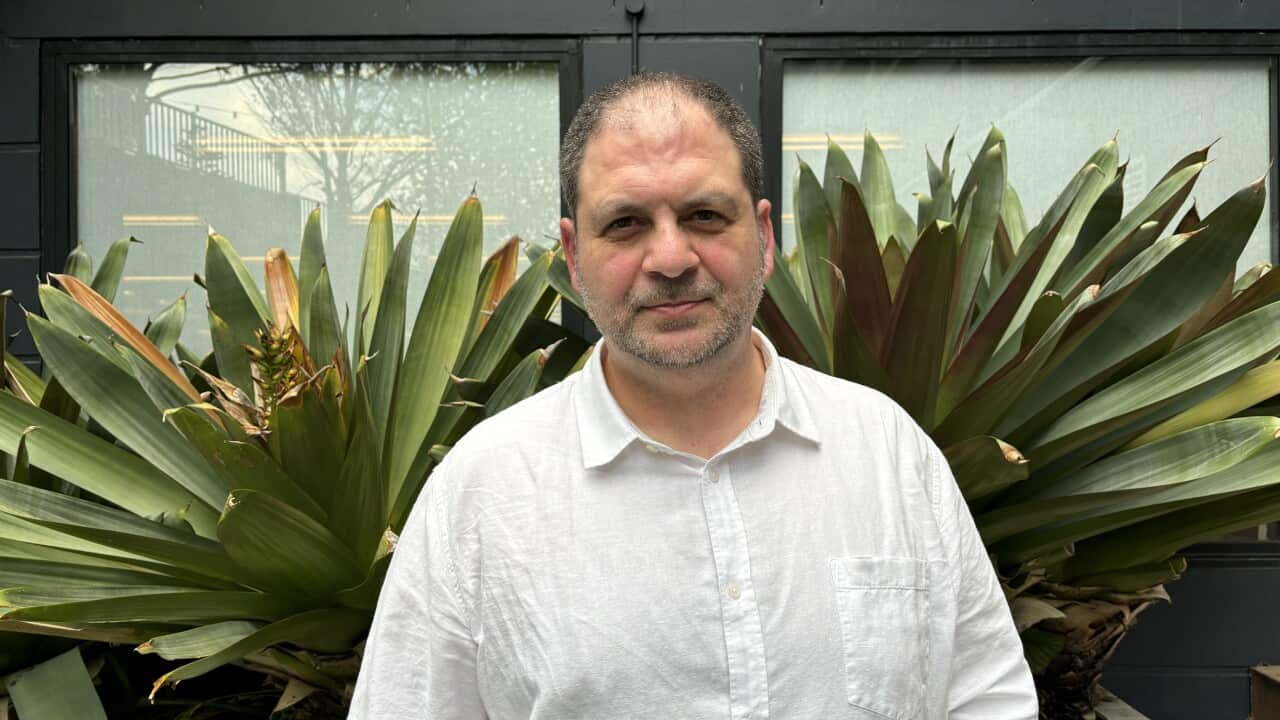How do memories define us? And can we always trust them? Watch Insight episode Memory Matters on .
There was a time when I believed my memory was terrible. Then I discovered I had control over its power, and that it had the potential to change my life.
Back then I would forget names within seconds, be bad with directions, and struggle to recall conversations I had just moments earlier. It became frustrating and, quite honestly, embarrassing.
I assumed this was just how my brain worked — after all, many people around me seemed to struggle with the same forgetfulness, and I accepted it as part of life.
That all changed one day when a friend told me he could memorise 40 random objects back to front.
Sceptical, I had to test him.
To my surprise, not only did he remember every word perfectly, but he did it with ease.
It wasn’t a trick — he was using memory techniques.
I’d never heard of such a thing, despite years of formal education. When I tried these techniques myself, the results were immediate. In minutes, the beliefs I had about my memory were shattered.
Tansel Ali believes anyone can improve their memory. Source: Supplied
As I delved deeper, I learned that people aren’t born with extraordinary memory skills but they can develop them through memory training. With practice, anyone can improve their memory. This discovery led me on a journey that completely reshaped my life.
Memorising hundreds of digits
I went from someone who struggled to remember phone numbers to entering the Australian Memory Championships.
These championships require entrants to memorise random lists of words, hundreds of digits, dates and poems, random shuffled decks of cards, and even people’s names and faces in the quickest time possible. With one mistake, you score zero.
Yes, there is such a thing as memory sports.
I ended up breaking national memory records and becoming a four-time Australian memory champion.
Then I entered the World Memory Championships in Malaysia, where events took one hour of memorisation, instead of the usual five minutes.
I broke five personal best memory records and set six Australian memory records.
I have memorised a randomly shuffled deck of cards in under three minutes, and two entire Yellow Pages phone books in just 24 days — that’s over 20,000 digits.
For over 20 years now, I’ve helped thousands of people — from executives and students to celebrities and individuals with ADHD and dyslexia — unlock the power of their memory.
Here are five simple techniques that have helped me, and I believe, can help anyone.
1. Use visual associations
Our brains are wired to remember images better than abstract ideas. When you need to memorise something, turn it into a vivid mental image.
For example, if you’re trying to remember the name ‘Sandra Baker’, imagine that person with a huge loaf of bread that’s made from sand. The more exaggerated and sillier the image, the easier it will stick in your memory.
2. Break information into chunks
There’s a reason why phone numbers are divided into groups of three or four digits — our brains can handle small chunks of information much more easily than a long string. When you’re faced with a lot to remember, break it down into smaller, manageable parts.
Tansel Ali memorised two phone books. Source: Getty / Catherine McQueen
3. Create a memory palace
This ancient technique is still one of the most effective methods for remembering large amounts of information. The idea is to create a familiar mental space, like your home, and place the things you need to remember in specific locations.
As you mentally walk through that space, you’ll be able to “see” the items you’ve stored there.
4. Use mnemonics
Mnemonics are simple shortcuts that help you retain information. For example, when learning the order of the planets, many people use: ‘My Very Educated Mother Just Served Us Noodles’.
Mnemonics link complex information to something familiar, making it easier to recall.
5. Practice spaced repetition
To retain information long-term, review it at increasing intervals. This technique, known as spaced repetition, strengthens your memory over time.
Instead of cramming, revisit what you’ve learned after a day, then a week, and then a month to ensure it sticks.
These techniques may sound simple, but they are incredibly powerful.
I believe everyone can benefit from a stronger memory, whether it’s remembering speeches, shopping lists or passing exams. A better memory can improve every aspect of your life.
And it’s not just about impressing others; it’s about empowering yourself to lead a more organised, confident and fulfilling life.
You’ll be amazed at what your brain is capable of.
And for more stories head to , hosted by Kumi Taguchi. From sex and relationships to health, wealth, and grief Insightful offers deeper dives into the lives and first-person stories of former guests from the acclaimed TV show, Insight.
Follow Insightful on the , , , or wherever you get you.



